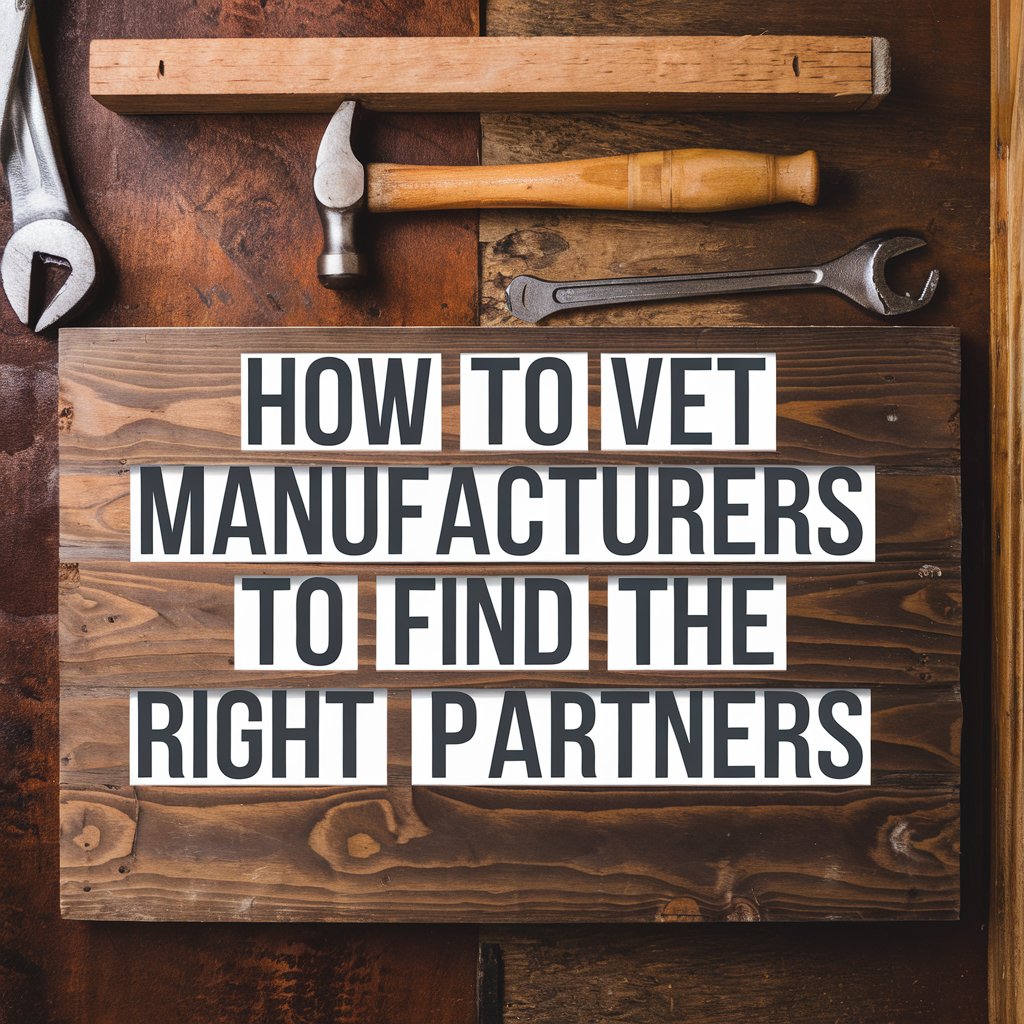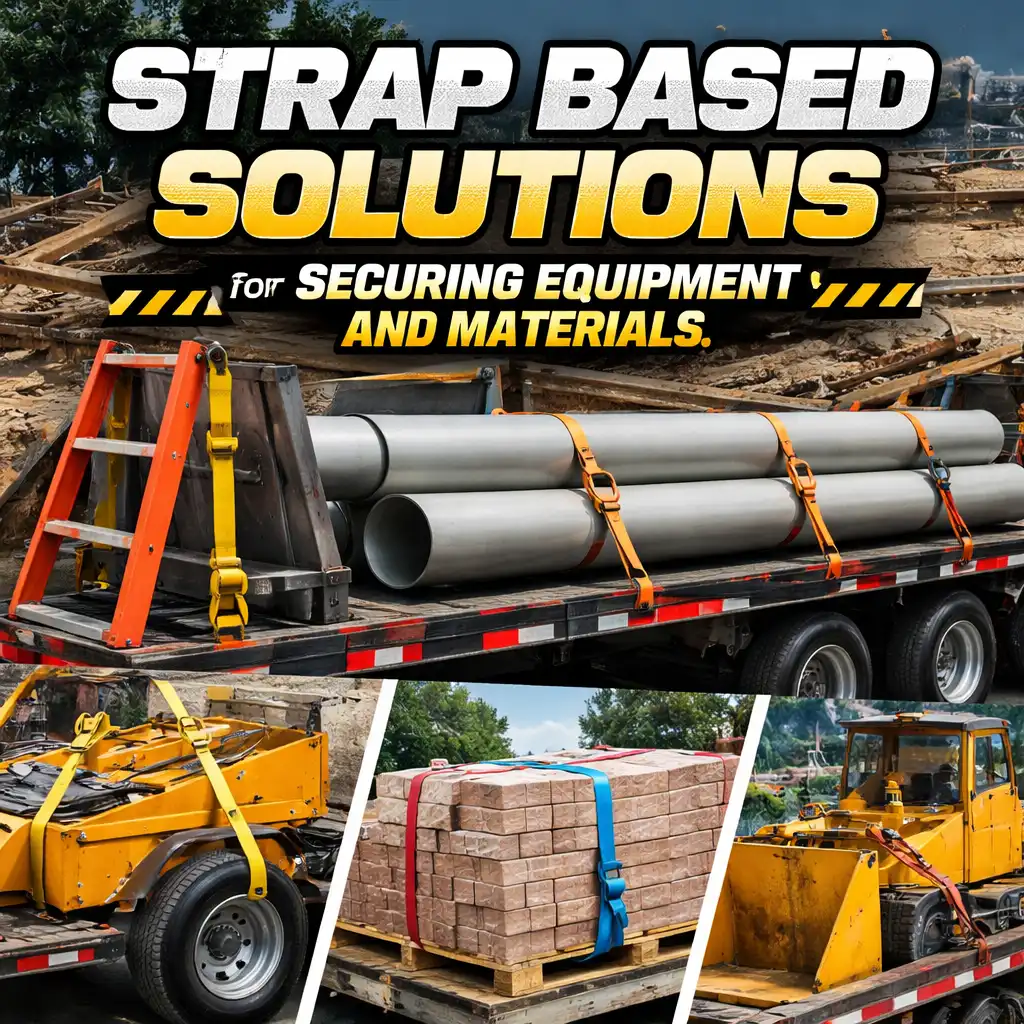When it comes to running a plant, finding the right manufacturing partners is one of the most important decisions you’ll make. The manufacturer you choose can have a significant impact on the quality of your products, the efficiency of your supply chain, and ultimately the success of your business. That’s why it’s essential to carefully vet potential manufacturers before committing to a partnership.
Here are five tips to help you thoroughly vet manufacturers and find the right partner for your business.
- Evaluate Their Experience and Expertise
One of the first things you should consider when vetting a manufacturer is their experience and expertise in your specific industry or product type. Manufacturers with a track record in producing similar products are more likely to understand your needs and deliver high-quality results.
Start by asking the manufacturer about their experience.
- How long have they been in business?
- What types of products have they produced in the past?
- Do they specialize in any particular materials or manufacturing processes?
A manufacturer with a strong background in your industry will be better equipped to handle your project and anticipate any potential challenges.
It’s also important to ask for references or case studies from previous clients. This will give you a better understanding of the manufacturer’s capabilities and how they’ve handled similar projects in the past. Don’t hesitate to contact these references and ask about their experiences working with the manufacturer.
- Review Their Production Capacity and Lead Times
Production capacity and lead times are other factors to evaluate. You need to ensure that the manufacturer has the ability to meet your production needs, both in terms of quantity and timelines.
Start by discussing your expected order volumes and delivery schedules with the manufacturer. Can they handle the volume you need without sacrificing quality? What are their typical lead times for production, and do they have the flexibility to accommodate rush orders if necessary? It’s important to choose a manufacturer that can scale their production to meet your demands as your business grows.
Additionally, consider their location and shipping capabilities. If the manufacturer is located overseas, factor in the additional time required for shipping and customs clearance. If possible, look for US-based manufacturers. For example, PumpWorks, which provides pumps for a variety of industries – including oil and gas – is located in the United States. This allows them to provide quick service and faster lead times.
While there are always options overseas for manufacturers, make sure you consider all factors – including location and proximity.
- Assess Their Quality Control Measures
Quality is obviously important when it comes to manufacturing. Even the slightest defect or inconsistency in your products can lead to customer dissatisfaction, returns, and irreparable damage to your brand’s reputation.
Ask the manufacturer about their quality control processes. Do they have specific protocols in place to check the quality of materials and finished products? How often do they conduct inspections, and what do those inspections entail? A reliable manufacturer should have a comprehensive quality control system that includes regular checks, testing, and documentation to ensure that every product meets your specifications.
It’s also a good idea to visit the manufacturer’s facility, if possible. This will give you an opportunity to see their operations firsthand and evaluate the cleanliness, organization, and overall efficiency of the plant. A well-maintained facility with a strong emphasis on quality control is a good indicator that the manufacturer takes pride in their work and is committed to delivering top-notch products.
- Examine Their Pricing and Payment Terms
While cost shouldn’t be the only factor in your decision, it’s still an important consideration when choosing a manufacturer. You need to find a manufacturer that offers competitive pricing without compromising on quality.
Ask the manufacturer for a detailed quote that includes all costs associated with production, including materials, labor, tooling, and shipping. Be sure to clarify any additional fees that might apply, such as setup fees or charges for changes to the production run. This will help you avoid any surprises down the line and ensure that the manufacturer’s pricing aligns with your budget.
In addition to pricing, discuss the manufacturer’s payment terms. Do they require payment upfront, or can you negotiate terms that allow for partial payment upon delivery? Understanding the payment structure is important for managing your cash flow and ensuring that you have the funds available when needed.
- Evaluate Their Communication and Customer Service
Good communication is integral to a successful manufacturing partnership. You want to work with a manufacturer who is responsive, transparent, and easy to work with. Poor communication can lead to misunderstandings, delays, and costly mistakes.
During your initial interactions with the manufacturer, pay attention to how they communicate. They should be quick to respond to any inquiries you have. And when they do, they should give clear, detailed answers to your questions. A manufacturer who values good communication will be a more reliable partner in the long run.
Customer service is another important aspect to consider. If issues arise during production, how does the manufacturer handle them? Do they take responsibility and work quickly to resolve problems, or do they pass the blame and delay fixes? You want someone who is willing to go the extra mile to ensure your success.
Don’t Rush the Process
At the end of the day, it’s important to remember that you have leverage when selecting manufacturers. There’s no need to rush into the process. Take your time, do your due diligence, and patiently wait until you’ve found the right partner. Carefully vetting potential manufacturers will pay off in the long run, leading to a stronger, more reliable partnership and better results for your business.






